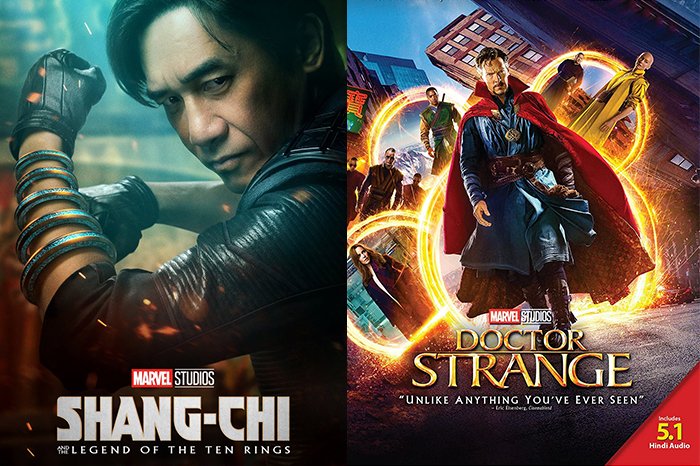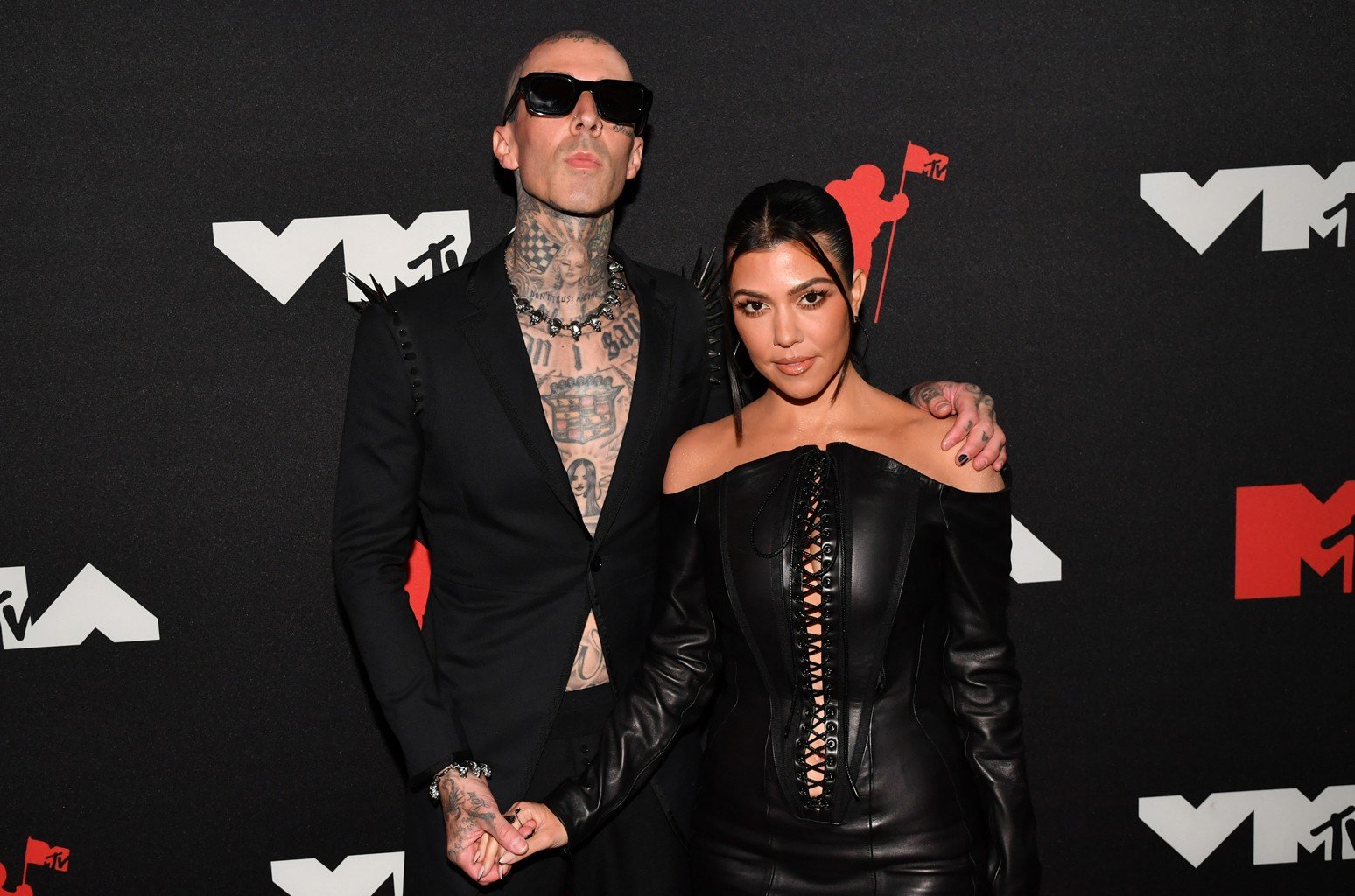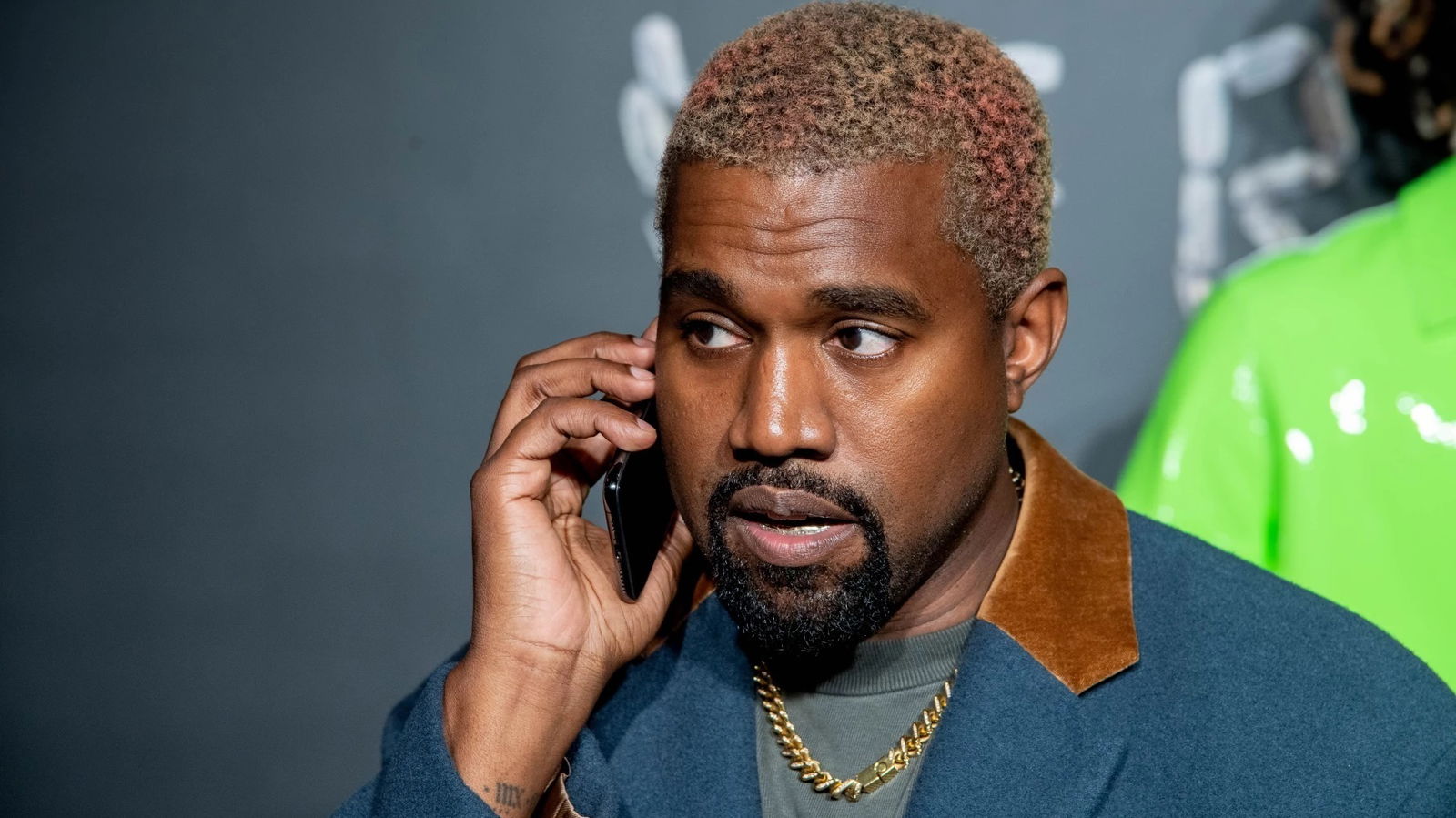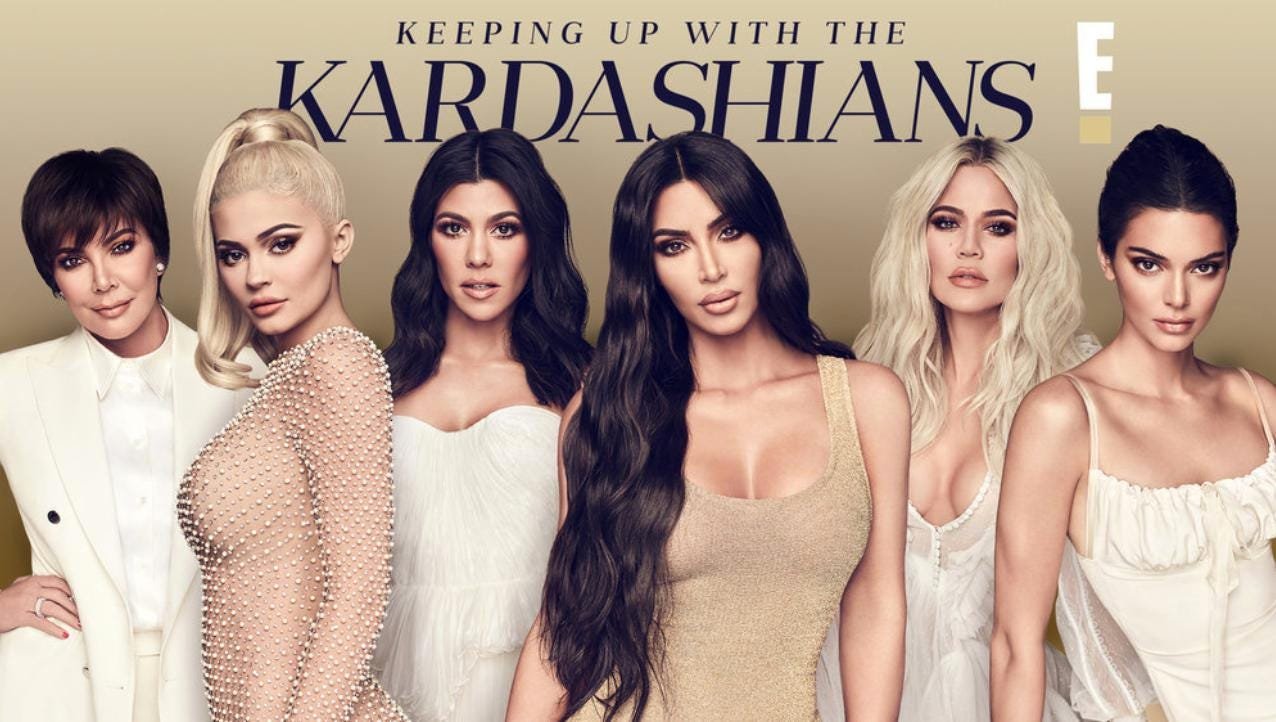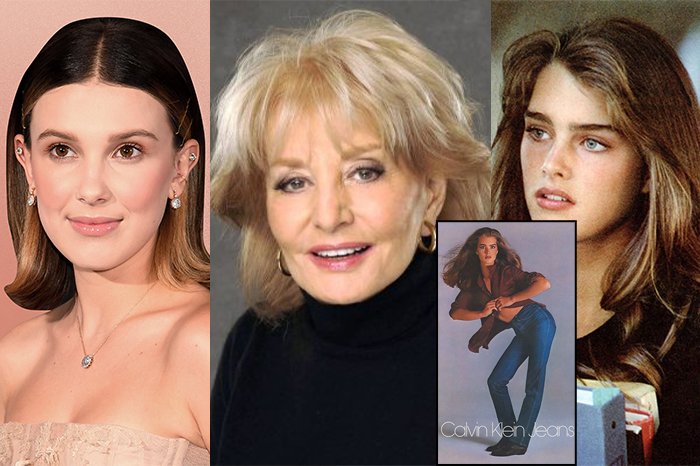 Image Source: Glamour, Allure, BodySize.org, Companhia De Canoagem
Image Source: Glamour, Allure, BodySize.org, Companhia De Canoagem
Hollywood has a long-standing history of sexualizing young women and then backlashing when the same young women try claiming their sexuality for themselves. Media, in general, has aided in the fetishization of young women in the industry, making even the most innocent and clean projects into something that reeks of sexual innuendoes.
Recently, actress Brooke Shields opened up about her Calvin Klein jeans campaign and the drama that ensued along with it. The model was interviewed by Barbara Walters, who excessively quizzed her on her sexual life and things that should not have made it to live TV, especially for the 15-year-old star.
The 1980 Calvin Klein jeans campaign featured Brooke Shields that people thought to have a sexual innuendo. Talking with Dax Shepherd as the Armchair Expert podcast about the campaign and the backlash it received, the model said how 'maddening' the resultant round of interviews was where everyone talked only of her sexuality.
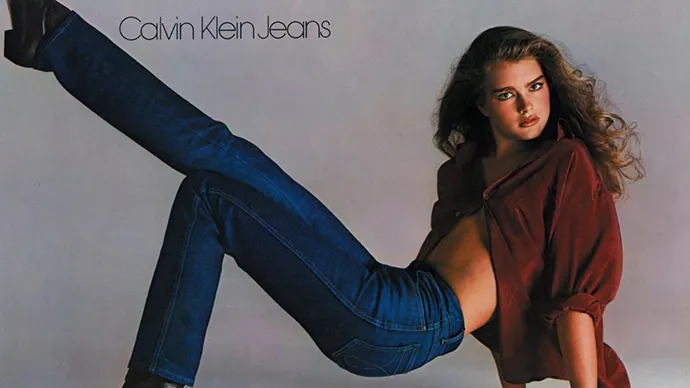 1980 Calvin Klein Ad featuring Brooke Shields ,Image Source : vanityfair.com/
1980 Calvin Klein Ad featuring Brooke Shields ,Image Source : vanityfair.com/
Shields spoke about her over-sexualization by the media when she was just 15. Notably, one of her many dialogue lines from the campaign was, "You want to know what comes between me and my Calvins? Nothing." "It's practically criminal," said Shields about the Walters interview and every person who only talked about her as a sexual being and added, "It's not journalism."
She also said that she had never perceived the campaign line as something sexual and the public perception of it was "ridiculous."Countries went on to ban the ads as Shields retold, "I was away when they all came out, and then started hearing, 'Oh, the commercials have been banned here, and Canada won't play them.' And paparazzi and people screaming at me and screaming at my mother, 'How could you?' It just struck me as so ridiculous, the whole thing."
The star said that she was not even aware of the fact that the line could be taken into an inappropriate pun or could mean anything about underwear. She added, "They take the one commercial, which is a rhetorical question. I was naive. I didn't think anything of it. I didn't think it had to do with underwear. I didn't think it was sexual in nature. I would say it about my sister, 'Nobody can come between me and my sister.'"
Of course, the media and public did not see it that way and "berated" the young star for the campaign. It is particularly horrifying to think that the public perceived that a 15-year-old would want to say that on international ads or even hint at something like that. Shields said, "I think the assumption is that I was much more savvy than I ever really was."
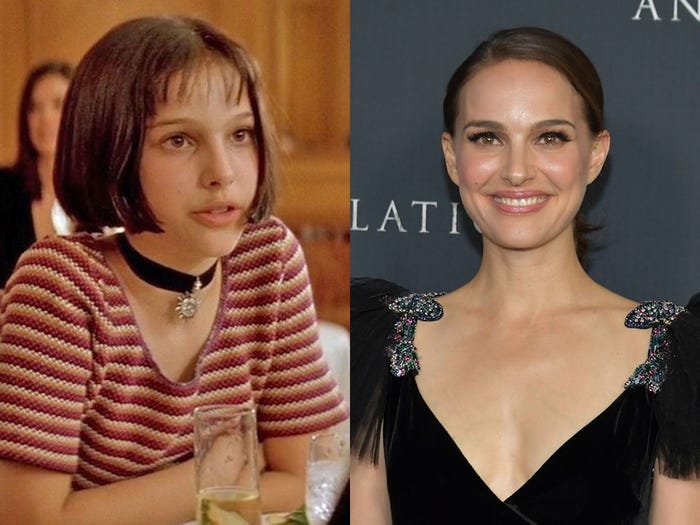 Natalie Portman battled a lifelong fetishization starting from when she was specifically a child; Credits: Insider
Natalie Portman battled a lifelong fetishization starting from when she was specifically a child; Credits: Insider
Still, the model and Calvin Klein managed to make the best out of the backlash and created a whole another niche that they excel at now. The star revealed, "I feel like the controversy backfired. The campaign was extremely successful. And then, I think the underwear sort of overtook the jeans, and they understood what sells and how to push the envelope. There's an appeal to it that is so undeniable, and they tapped right into it. They knew exactly what they were doing, and I think it did set the tone for decades."
But this is not the only time Hollywood came up with its 'Lolita Complex.' Actress Natalie Portman. The actress portrayed a 12-year-old girl who develops a relationship with an older man, and the character kicked start a lifetime of sexual fetishization of Portman with people sending her rape fantasies. The star once revealed that her first fan male was an older man writing to her about his rape fantasy story. Her objectification took new heights when channels started countdowns to her 18th birthday when she would become of legal age of consent.
Sharing her experience about sexual objectification from such a young age, the actress shared, “At 13 years old, the message from our culture was clear to me,” said the actress. “I felt the need to cover my body and to inhibit my expression and work in order to send my own message to the world: That I’m someone worthy of safety and respect. The response to my expression from small comments about my body to more threatening deliberate statements serve to control my behavior through an environment of sexual terrorism.”
Recently, Millie Bobby Brown received similar criticism for a dress that she wore at the 26th annual Screen Actors Guild Awards. They criticized her team for the dress choice and the star for letting someone make her wear it, regardless of the fact that Brown has complete autonomy over her sexuality. On the other hand, the media can never decide how to react to JoJo Siwa's childish clothes and bow hair ties and criticize her for not dressing her age, even when she was just 19.
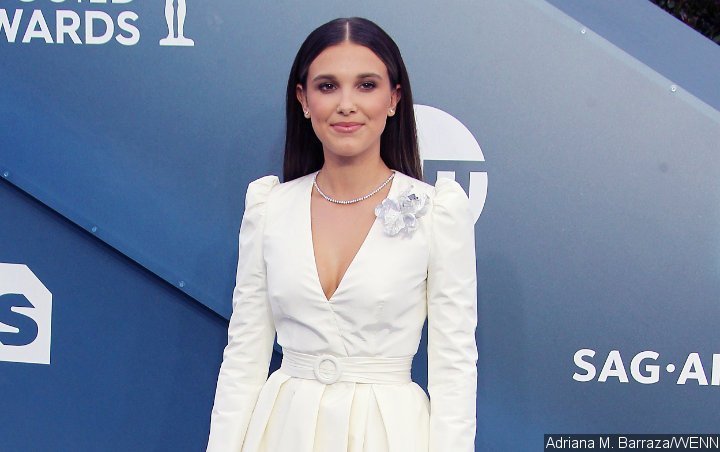 Millie Bobby Brown faced backlash for 'adult' clothes and disregard for her body autonomy; Credits: Ace Show Biz
Millie Bobby Brown faced backlash for 'adult' clothes and disregard for her body autonomy; Credits: Ace Show Biz
Again, not standing its own stance, the same people who want JoJo Siwa to dress like an adult backlash when Billie Eilish dressed like an adult after turning 18. The singer shared, “There were comments like, ‘I don’t like her anymore because as soon as she turns 18 she’s a whore.’ Like, dude. I can’t win. I can-not win.”
